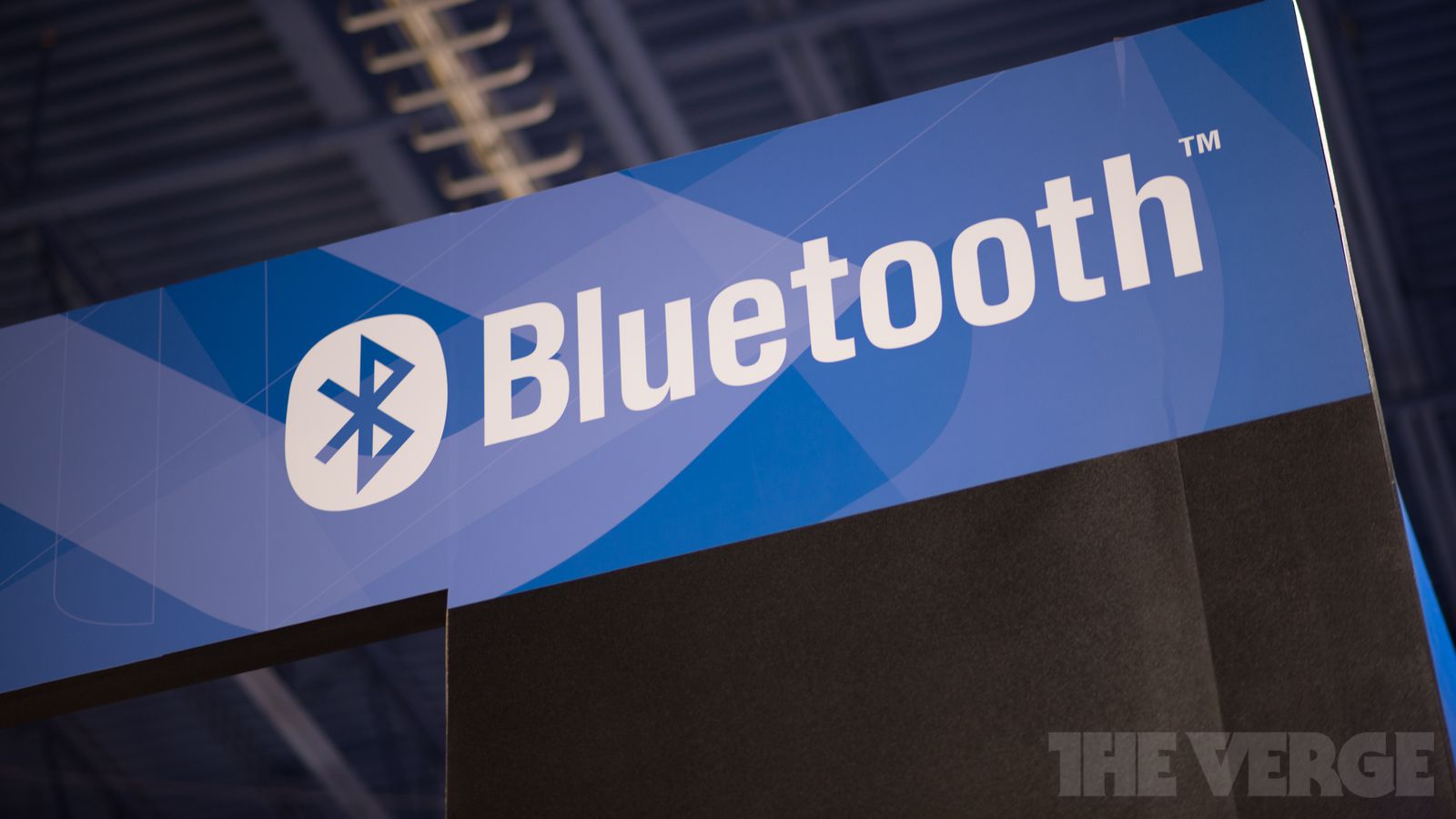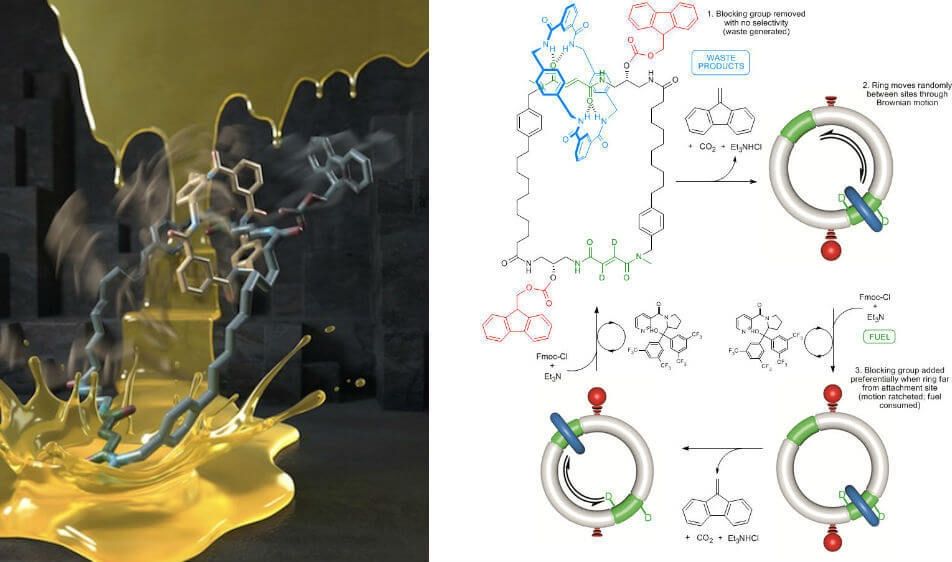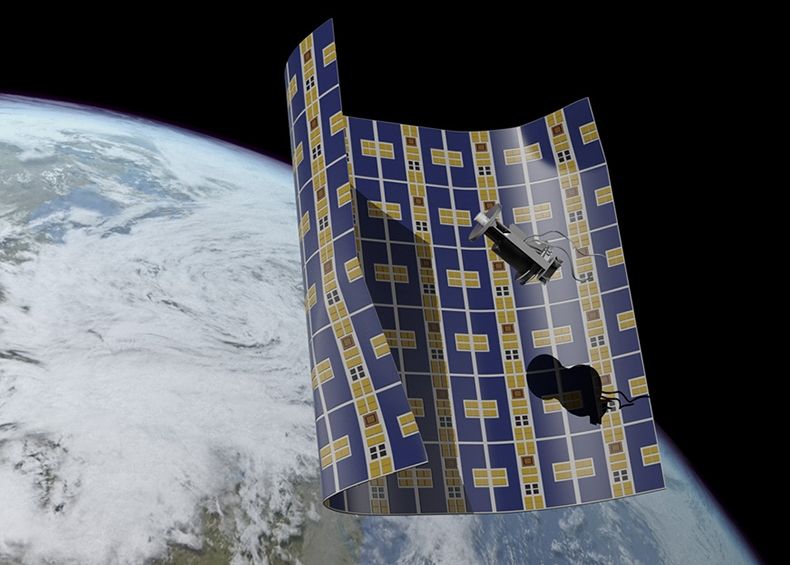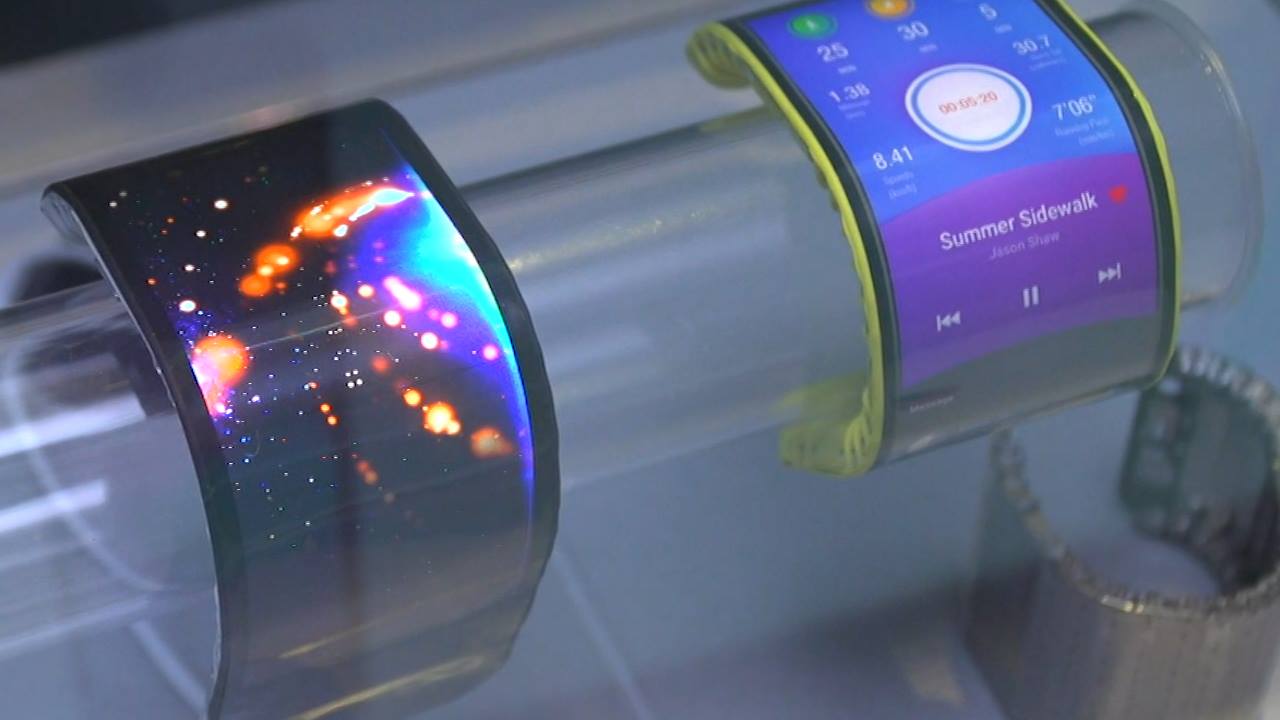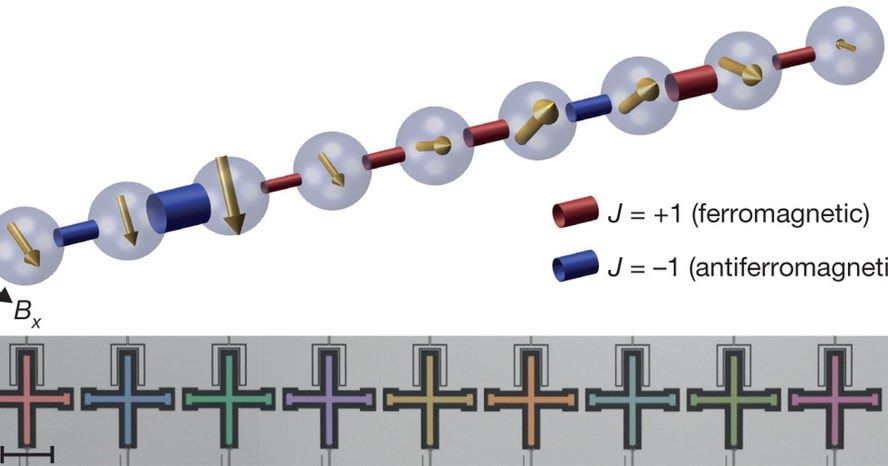Page 11106
Jun 10, 2016
Sunspring | A Sci-Fi Short Film Starring Thomas Middleditch
Posted by Bruno Henrique de Souza in categories: entertainment, neuroscience, robotics/AI

AI escreveu este curta metragem e é surpreendentemente divertido.
Todo o roteiro do filme é o trabalho de uma rede neural treinada em scripts de sci-fi.
Fonte: Singularity Hub

Everything is getting easier, faster and lighter. The world as we know it, is dematerializing.
Jun 10, 2016
Bluetooth 5 will be announced next week with four times the speed and double the range
Posted by Shailesh Prasad in categories: energy, internet
The next version of the Bluetooth standard is called Bluetooth 5, and will be formally announced next week, Bluetooth Special Interest Group executive director Mark Powell has revealed. Bluetooth 5 is expected to be a significant upgrade over the current version of the wireless standard, offering double the range and four times the speed of current low-energy Bluetooth transmissions, but the Bluetooth SIG says it will also offer much more support for connectionless services — things like beacons that can help people navigate inside buildings or out in the open.
The roadmap for the next version of Bluetooth was sketched out last year, but the SIG — which has tech giants like Apple, Intel, and Microsoft as backers — will officially lift the lid on Bluetooth 5 on June 16th in London. The group explains that it chose the name to simplify its marketing and make the wireless standard easier to understand for users. That change should be beneficial as our homes get smarter and more connected, with many Internet-of-Things devices relying on Bluetooth to connect to your control devices, and each other.
Jun 10, 2016
Autonomous synthetic nanomotors powered by proteins and chemicals
Posted by Klaus Baldauf in categories: biological, nanotechnology, robotics/AI
Researchers at the University of Manchester, UK have made the first autonomous chemically powered synthetic small-molecule motor. The new device, which is very much like the protein motors found in biological cells, might be used to design artificial molecular machines similar to those found in nature. Such machines could be important for applications such as synthetic muscles, nano- and micro-robots and advanced mechanical motors.
READ MORE ON IOP | NANOTECHWEB
Jun 10, 2016
NASA Funds Aerospace Corporation for Superlight Debris Removing MiniSats
Posted by Klaus Baldauf in category: space travel
[Via Satellite 06–009-2016] NASA has awarded The Aerospace Corporation a grant to investigate the possibility of developing an extremely thin spacecraft that would wrap around debris and remove it from Earth’s orbit. The concept, called Brane Craft, is a 1-square meter spacecraft that is less than half the thickness of a human hair. The Brane Craft would only weigh about 50 grams, significantly less than even a standard CubeSat weight of about 1 kg. The 30-micron-thick spacecraft would have a very high thrust-to-weight ratio, and would be capable of travelling long distances, which opens up other possibilities beyond just the removal of space debris.
“The Brane Craft concept is based on the one-dimensional compression of a complete spacecraft and upper stage into an essentially two-dimensional object in order to maximize power-to-weight and aperture-to-weight ratios,” said Siegfried Janson, Aerospace Corporation’s senior scientist of the microsatellite systems department and the lead investigator on the project.
Jun 9, 2016
We are ‘almost definitely’ living in a Matrix-style simulation, claims Elon Musk
Posted by Shailesh Prasad in categories: computing, Elon Musk, robotics/AI, sustainability, transportation
Elon Musk, the billionaire entrepreneur and founder of Space X, Tesla and Paypal, has told an interviewer there is only a “one in billions” chance that we’re not living in a computer simulation.
Speaking at San Francisco’s Code Conference this week, Musk said that he has had “so many simulation discussions it’s crazy”, and that it got to the point where “every conversation [he had] was the AI/simulation conversation”.
He also claimed that, if we’re not living in a simulation, we could be approaching the end of the world.
Jun 9, 2016
Hosted bare metal emerges as alternative to IaaS cloud
Posted by Karen Hurst in category: futurism
Interesting perspective by Forrester.
For users who push their infrastructure to the max, public cloud virtual machines sometimes aren’t enough, so a new class of hosted bare metal infrastructure has emerged.
Jun 9, 2016
Google team predicts quantum computing supremacy over classical computing around 2018 with a 40 qubit universal quantum computer
Posted by Klaus Baldauf in categories: computing, particle physics, quantum physics
The Google team uses a row of nine solid-state qubits, fashioned from cross-shaped films of aluminium about 400 micrometres from tip to tip. These are deposited onto a sapphire surface. The researchers cool the aluminium to 0.02 degrees kelvin, turning the metal into a superconductor with no electrical resistance. Information can then be encoded into the qubits in their superconducting state.
The interactions between neighboring qubits are controlled by ‘logic gates’ that steer the qubits digitally into a state that encodes the solution to a problem. As a demonstration, the researchers instructed their array to simulate a row of magnetic atoms with coupled spin states — a problem thoroughly explored in condensed-matter physics. They could then look at the qubits to determine the lowest-energy collective state of the spins that the atoms represented.

